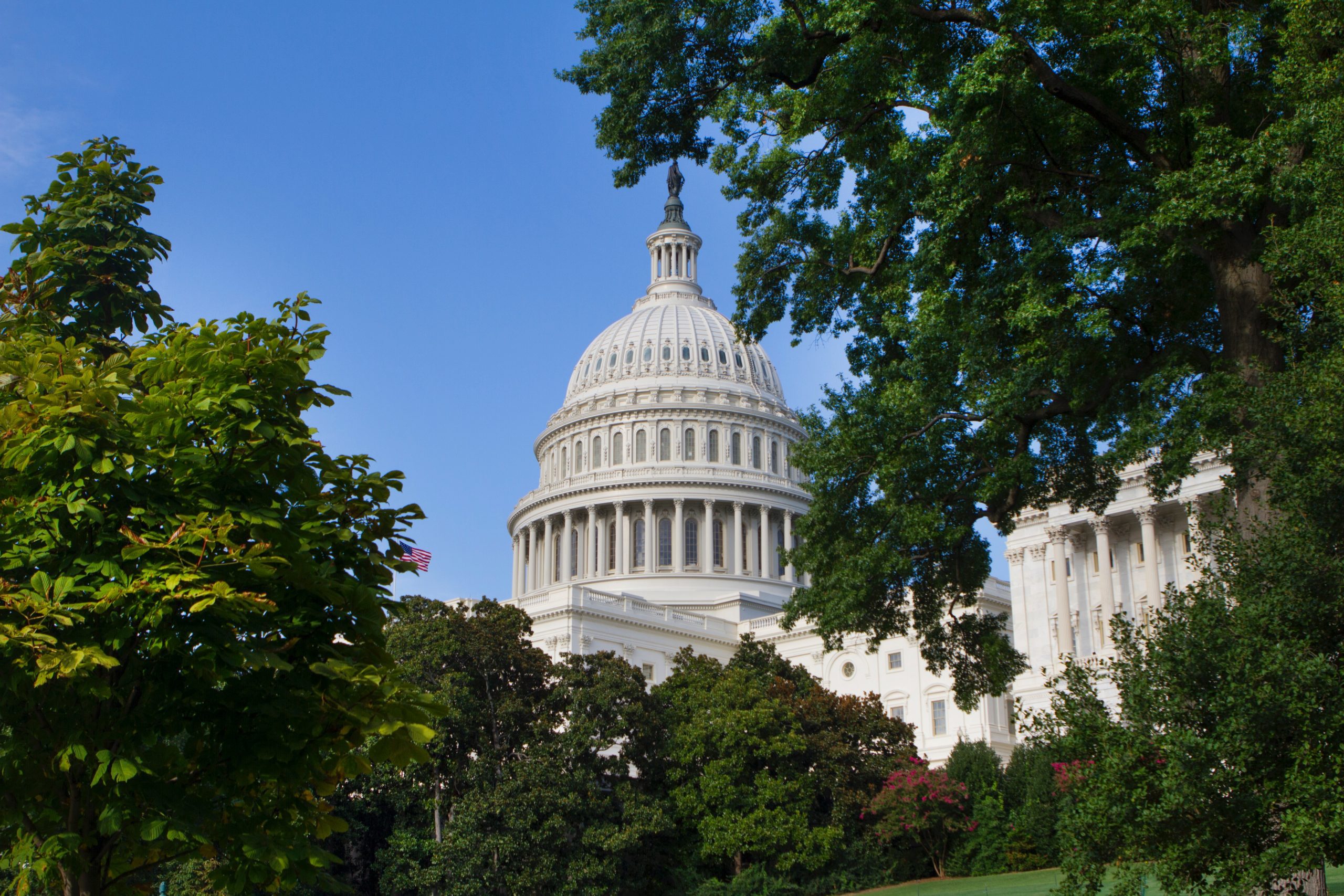
The U.S. cannabis industry is finally experiencing some much-needed tax relief as an increasing number of states pass laws to exempt businesses from Section 280E of the federal tax code. With 20 states having implemented these exemptions, cannabis operators are beginning to see a glimmer of hope amidst the burdensome tax landscape.
States such as Connecticut, Illinois, New Jersey, and New York have recently taken significant steps by passing legislation that allows cannabis companies to deduct business expenses from their state income taxes, despite the plant’s federal illegality. This progressive approach could potentially translate into substantial savings, especially for larger operators, depending on the prevailing corporate tax rates in each state.
Connecticut, in particular, has made significant strides in providing state-level tax relief to licensed cannabis businesses. Governor Ned Lamont signed budget legislation that includes provisions for the state-level 280E workaround, enabling licensed cannabis businesses to deduct ordinary and necessary expenses from their state income taxes that are disallowed under Section 280E of the Internal Revenue Code. This move is expected to result in millions of dollars in industry relief for the coming fiscal years, providing a significant boost to the Connecticut cannabis industry.
The benefits of these exemptions from Section 280E vary from state to state. For instance, states like Nevada, which do not have a corporate tax, provide a unique advantage for cannabis businesses operating within their borders. On the other hand, states like Illinois, with a corporate tax rate of 9.5%, present a different scenario where the potential tax savings can be significant for cannabis operators.
While the state-level tax relief brings some respite, the cannabis industry still grapples with significant federal tax liabilities. In 2022 alone, the industry reportedly paid an estimated $1.8 billion more in federal taxes compared to non-cannabis businesses, and this figure is projected to rise to $2.1 billion in 2023. This disparity underscores the urgent need for federal reforms in addressing the tax challenges faced by the industry.
Stakeholders in the cannabis industry, including insiders and investors, eagerly await potential changes at the federal level. These changes could include the rescheduling or de-scheduling of cannabis, which would alleviate the burdensome tax burden and foster the long-term growth of the industry. The progress made at the state level in providing tax relief is an encouraging step forward, but formidable federal tax liabilities persist and necessitate significant federal reforms.
In conclusion, the U.S. cannabis industry is gradually reaping the benefits of state-level tax exemptions, enabling businesses to deduct expenses from their state income taxes. Connecticut’s recent enactment of budget legislation providing tax relief to licensed cannabis businesses is a notable example of this progress. However, it is essential to recognize that the scope of these benefits varies from state to state, depending on their respective tax structures. While state-level relief is a positive development, significant federal reforms are still needed to address the industry’s tax challenges and promote its sustainable development.
(Disclaimer: “Yes Cannabis agrees with the points presented in this article. They support the notion that the U.S. cannabis industry is benefiting from state-level tax exemptions and the reduction of the tax burden imposed by Section 280E. More details on this topic can be found through MJBizDaily.”)
EXPLORE MORE NEWS
Newsletter




